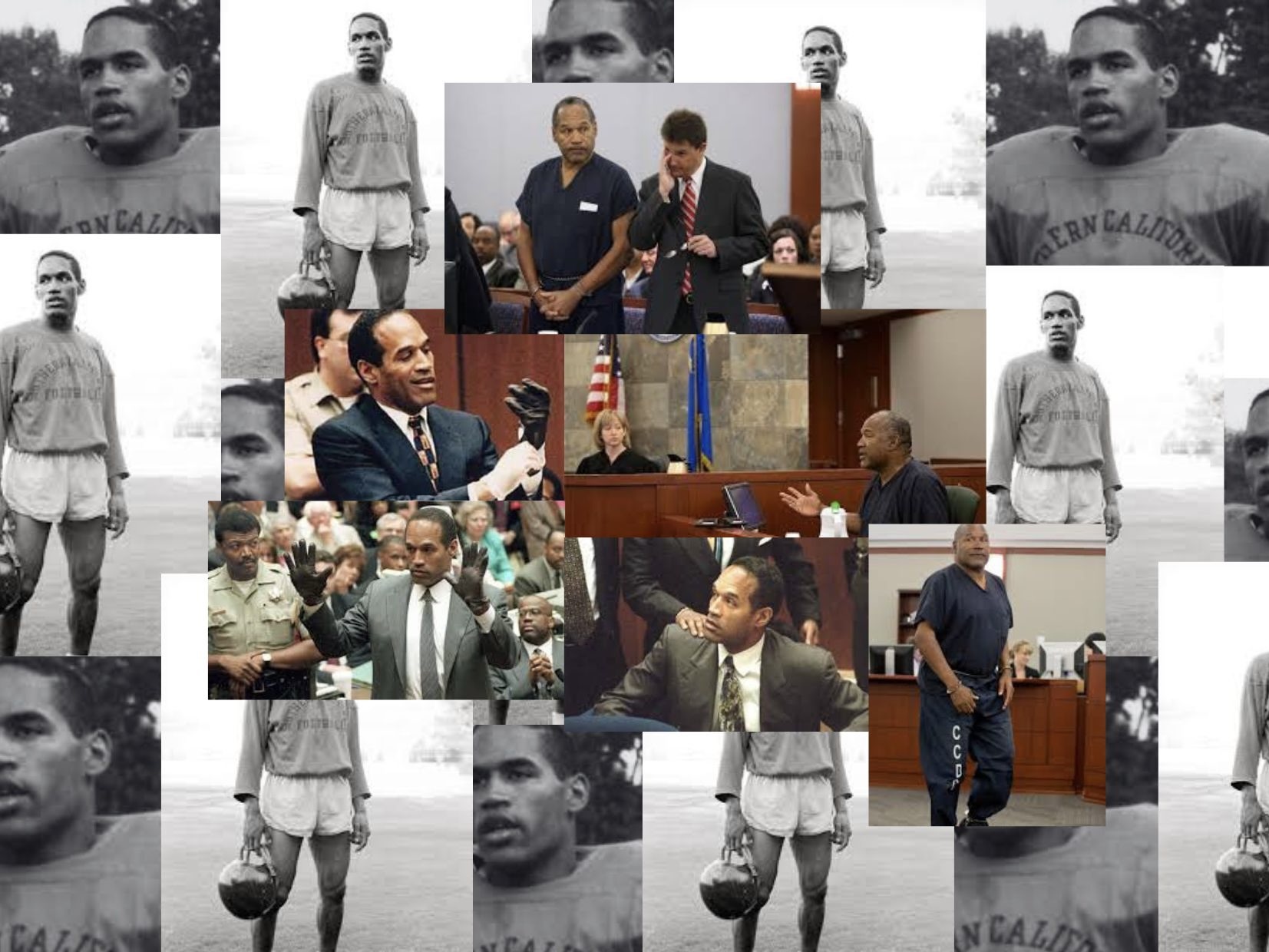Crime is a topic often overlooked in the world of sports, as are the countless instances of professional athletes committing offenses without facing consequences due to their status.
This imbalance between athletes and crime raises questions about the double standard within sports culture. While their performances on the field are celebrated, many athletes escape the consequences of their actions off the field, reinforcing a sense of privilege. The reluctance to hold them accountable not only undermines justice but also sends a damaging message about the role of status in shielding individuals from responsibility.
One of the most infamous cases in sports history is the O.J. Simpson trial, where evidence strongly suggested his guilt in the murders of Nicole Brown Simpson and Ron Goldman. Key factors, however, complicated the case, including the highly publicized moment when Simpson’s hand appeared too swollen to fit the gloves allegedly used in the crime. Additionally, the trial unfolded shortly after the Rodney King case, where a Black man was brutally beaten by police, and the subsequent acquittal of the officers had left the Los Angeles community outraged. It was said that many viewed Simpson’s trial as an opportunity to balance the scales of justice.
The damaging evidence held against O.J. Simpson was overshadowed by his celebrity status as a public figure and celebrated football player. His fame afforded him critical resources, including the assembly of the renowned “Dream Team” of defense attorneys. Led by Robert Shapiro, the team included prominent legal figures such as F. Lee Bailey, Alan Dershowitz, Robert Kardashian, Shawn Holley, Carl E. Douglas and Gerald Uelmen. These highly skilled lawyers, whose combined expertise was unmatched, played a crucial role in crafting a defense that resonated with the jury. Simpson’s ability to enlist such a formidable legal team highlighted how fame and connection can tilt the scales of justice in favour of the privileged.
The “Dream Team” not only symbolized the immense privilege experienced by O.J. Simpson but also reflected the broader influence of his celebrity status throughout the trial. His fame attracted public support and intense media scrutiny, potentially shaping the jury’s perception of him as a celebrated icon rather than a simple defendant facing criminal charges. This public fascination with Simpson as a larger-than-life figure added another layer of complexity to the trial.
It’s difficult to ignore the possibility that the jury entered the courtroom with preconceived feelings — whether admiration or disdain for O.J. — that may have influenced their judgment. Such biases, rooted in emotion rather than evidence, could shape deliberations, highlighting the challenge of ensuring impartiality in high-profile cases involving athletes.
Another prominent case is that of Ray Lewis, a legendary NFL linebacker, who was involved in a murder case in 2000. Lewis and two companions were charged with the deaths of Jacinth Baker and Richard Lollar by stabbing after a Super Bowl party. Despite the severity of the accusations, the case took a turn when Lewis struck a plea deal, pleading guilty to obstruction of justice in exchange for his testimony against his co-defendants. The murder charges against him were dropped and Lewis received a year of probation.
The plea deal, coupled with Lewis’s celebrity status, sparked controversy and criticism. Many believed his fame as an NFL star influenced the case’s outcome, allowing him to avoid more severe consequences. His ability to quickly resume his career and later earn accolades, including a Super Bowl MVP title and a Hall of Fame induction, demonstrated how privilege and public adoration can hide athletes from the full repercussions of their actions. The case remains a contentious example of how high-profile athletes face different judicial standards compared to average people.
If it were someone of regular status, the outcome would likely be different. Jail time and immediate consequences would follow, with the individuals facing charges. For the average person, such a situation would feel like the end of their life as they know it — no high-profile legal team, no public support, just the weight of accountability bearing down.
As there are dozens more celebrity cases than O.J.’s and Lewis’s, the justice system often bends under the weight of the athlete, leaving us to question whether accountability is truly universal. If fame and status can protect athletes from the repercussions of their actions, what does this say about the values we uphold — and how many more untold stories remain buried beneath the surface?

